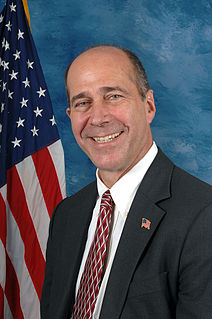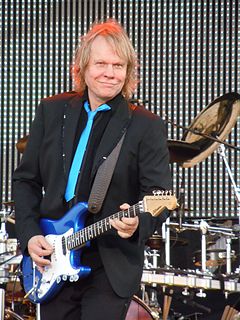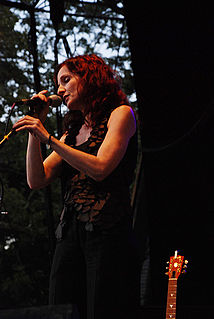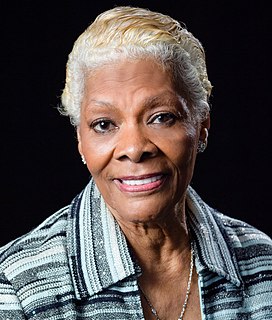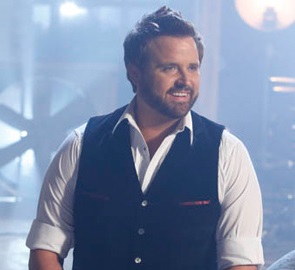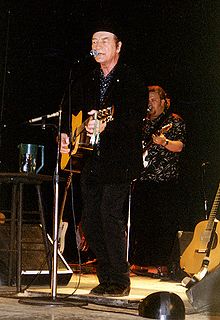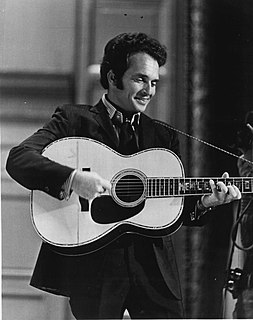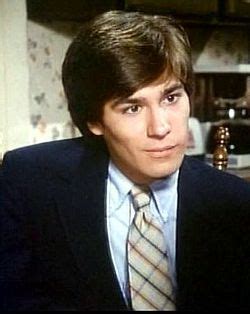A Quote by Keren Woodward
Radio in the U.K. is so formulaic. You've got commercial stations who play the same 20 songs all day.
Related Quotes
I'm confused that there is a lack of faith in listening to and deciding what is a great song and instead going for these formulaic, bad songs over and over again. But that's what happened when people from beverage companies bought record labels and radio stations as opposed to people who love music owning record labels.
College radio is a very important medium that needs to survive in difficult economic times when some stations are being sold off and shut down. College radio is the future for broadcasting stars and pioneers of tomorrow, and we as a band, Coldplay, support the vital mission of college radio and we also support College Radio Day, the day when college radio comes together.
By the time I actually recorded Bitter Tears I carried a heavy load of sadness and outrage; I felt every word of those songs... I expected there to be trouble with that album, and there was.... when it was released, many radio stations wouldn't play it.... The very idea of unconventional or even original ideas ending up on "country" radio in the late 1990s is absurd.
When you're listening to radio and hear the same 20 songs over and over and over, you want a break from it. Sometimes you don't want to hear something that sounds just like everything else on the radio. Eventually, if you hear the same sounds and the same musicians and the same mixes and all of that, it will start to sound like elevator music.
There are so many conditions to programming in America, where it's dominated by these people that own 800 radio stations that have no idea who to play and who not to play, and they listen to somebody or read somebody else's programming sheet and go by Buck Owens' opinion or something. Eight hundred stations are controlled by some guy that doesn't have a clue as to what to do about music.
We are extremely proud to represent all of Radio One's stations within the Katz Radio Group. For the past five years we have worked diligently alongside Radio One to build their business in the markets we have historically represented including Houston, Los Angeles, Philadelphia , Raleigh and Columbus. At a time of significant growth in the African American consumer market the addition of the remaining Radio One stations expands our ability to deliver strategic marketing solutions to our agency and advertiser customers.

